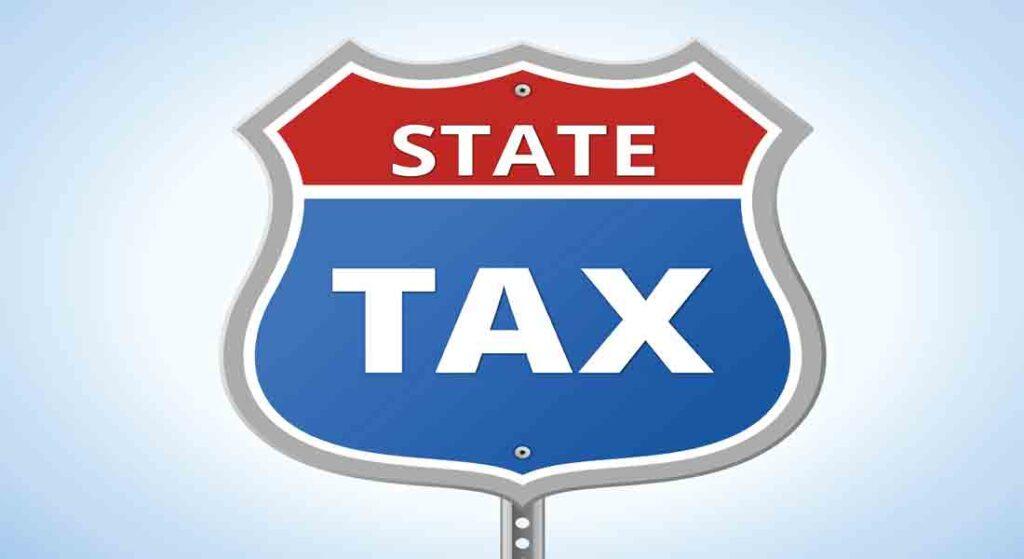


Do you want to employ someone in the USA? Grow your business with additional support for your business by hiring an employee or contractor. An employee who can work for you and promote your business. You need to understand the employer obligations in regards to payroll in the United States to be compliant and mitigate tax risks.
Payroll processing
Processing payroll and complying with the federal and state requirements can be cumbersome. As opposed to Canada you may have some additional periodic and annual reporting requirements and obligations in processing payroll for your employee/employees in the United States. Another complication in processing payroll in-house is setting up reminders for the payroll tasks that are due, and manual processing of payments to employees and government remittances could be overwhelming if you are trying to manage from Outside of USA.
At RKB accounting we process payroll in-house for our clients in Canada and, we have an association with the third-party service providers at reasonable costs for processing payroll in Canada as well as in the United States. There are various payroll service providers, but our selection is based on doing a detailed review of their processes and a long-term practical experience with them. The major benefits of a service provider associated with us include complete online banking for the payment to the employees as well as remittances to the appropriate authorities, the ability to process payroll in all states or provinces, and their reminders which helps us to follow up with you as and when required.
Whether you process your payroll through us or in-house, the following requirements that we have summarized for processing payroll in the United States might be helpful for you in understanding the requirements on a broad basis. For processing payroll in Canada, please visit our blog for Canadian payroll processing.
Withholding, paying, and reporting obligations in the United States

The employer withholds Federal Income Tax from each paycheck of the employee. The rate of withholding is determined by the IRS as per the withholding tax table published by IRS every year. Every individual filing an income tax return in the United States has to pay Federal Income Tax on their total income for the tax year. In the case of an employee, this tax is deducted right away from each paycheque. There is no employer contribution on Federal Income Tax. The employer deducts this tax from each paycheque of the employee. The amount of Federal Income Tax deducted from the employee’s paycheque is remitted to IRS by the employer with other payroll deductions and contributions. There is no cap, meaning there is no maximum limit of deductions. The deductions will continue based on the employee’s income. The total income tax deducted is reported on the employee’s annual W2 slip. When the employee files their individual income tax return, they subtract the total amount of Federal Income Tax reported on their W2 from the Federal Income Tax payable on their return. They may still be liable to pay additional Federal Tax if there was insufficient Federal Tax Deducted from their paycheques, or they may get a refund if an excess amount was deducted from their paycheques. Federal Tax payable’s additional liability mainly applies when they have a change in their pay rate during the year, change of employer, and or other income or exemptions or tax credits reported on their return.

This is a shared tax between the employer and the employee. The employer is responsible for deducting FICA from each paycheque of the employee. The employer also contributes an equal amount and remit to IRS with the amount deducted from the employee paycheque and the employer contribution.
FICA contributions fund the “Social Security” and “Medicare” programs in the United States. FICA tax comprises 6.2% as Social Security tax and 1.45% as Medicare tax of the employee earnings. The employer contributes the same amount. The maximum earnings limit for Social Security Tax in the year 2021 is $142,800.00. An additional Medicare tax of 0.9% applies to earnings over $200,000.00 for single and $250,000.00 for joint filers.
Social Security program – provides a partial replacement of income to qualified retirees and disabled people, and their spouses, children, and survivors. Officially it was implemented as Old-Age, Survivors, and Disability Insurance (OASDI). To qualify for this benefit, an individual must contribute and accrue 40 quarters or credits during their working year. The amount of benefit you will receive is based on your earnings history, the year you were born, and the age when you claim it. The benefits received under this program are taxable.
Medicare – This is a federal health insurance program that provides subsidized healthcare services to people aged 65 or older or younger people with certain diseases.
The employer is obligated to remit to IRS either on a monthly or semi-monthly basis, the above payroll withholdings to IRS with the employer contribution. A penalty up to 15% may apply for the failure to remit.

The employer pays this tax. There is no deduction from the employee paycheque as the employee does not have to pay this tax. The employer pays 6% on your first $7,000.00 gross earnings. There is no tax after the $7,000.00 gross earning in a year. Under the Federal Unemployment Tax Act (FUTA), state unemployment systems pay the unemployment compensation if you have lost your job. The employer pays both the Federal and State level of taxes. FUTA tax only applies if you have an employee for at least 20 weeks working with an employer in the year or the wages paid to the employee are $1,5500.00 or more. If the employer also pays the state unemployment insurance, they will receive a federal tax credit of up to 5.4%.

The employer is responsible for withholding State Income Tax from each employee’s paycheck depending on the state in which the employee is employed. Some states like Alaska, Florida, Nevada, South Dakota, Texas, Washington, and Wyoming have no state income tax. The employee employed in these states is not subject to the deduction of State Income Tax on their wages. Tennessee and New Hampshire only levy State Income Tax on the dividends and interest income, and hence State Income Tax deduction is not applicable on salaries and wages.
Many states in the United States collect this tax from the employer. However, Alaska, New Jersey, and Pennsylvania collect this tax from both employers and employees. The employer is responsible for withholding State Income Tax from each employee’s paycheck working in these states. The rate of SUTA ranges from 2% to 5% of the employee’s wages, depending on the state.
An employer’s responsibility varies depending on the state and the location of employment where the employee is employed and the appropriate type of tax in that location.
The employer is responsible for remitting the payroll withholding taxes and his contribution or shares to the appropriate authorities at Federal authority, State authority, and local authorities. All these authorities have a specific schedule or remittance requirement, which may further depend on the size of the business and the amounts to be remitted.
The employer is responsible for filing regular reports with the appropriate authorities.
W4 – An employee needs to provide this information to the employer so that the employer withhold the correct amount of taxes. The employee needs to provide his/her filing status, claims for dependents, and a working spouse.
Federal – Need to file Form 941 for “Employer Quarterly Federal Tax Return”. All quarterly filings are due by the last day of the following month from the end of the quarter.
FUTA – reported annually on Form 940
State – varies the requirement as per the state
Local – vary the requirement as per the local authority
W2 – Provide a copy to the employee and the relevant tax authorities by January 31st (All annual filings are due by the last day of the following month from the end of the year)
1099-MISC – is used for reporting compensation paid to non-employee which is $600 or more.
RKB Accounting has expertise in cross-border taxation and has been providing accounting and taxation services for the last fifteen years in Canada and USA. RKB services include incorporating a business on both sides of the border, bookkeeping, sales tax, payroll, and corporate and personal income tax. RKB’s expertise includes cross-border tax planning, long-term tax planning, helping business start-ups, business structure planning, and resolving complex tax matters. RKB a CPA(Delaware), CA(India), and CIA(USA) has over 25 years of experience in accounting and taxation in dealing with various countries in the world.
Disclaimer: Information in the blog/post/article has been presented for a broad and simple understanding. This is not legal advice. RKB Accounting & Tax Services does not accept any liability for its application in any real situations. You need to contact your accountant or us for further information.